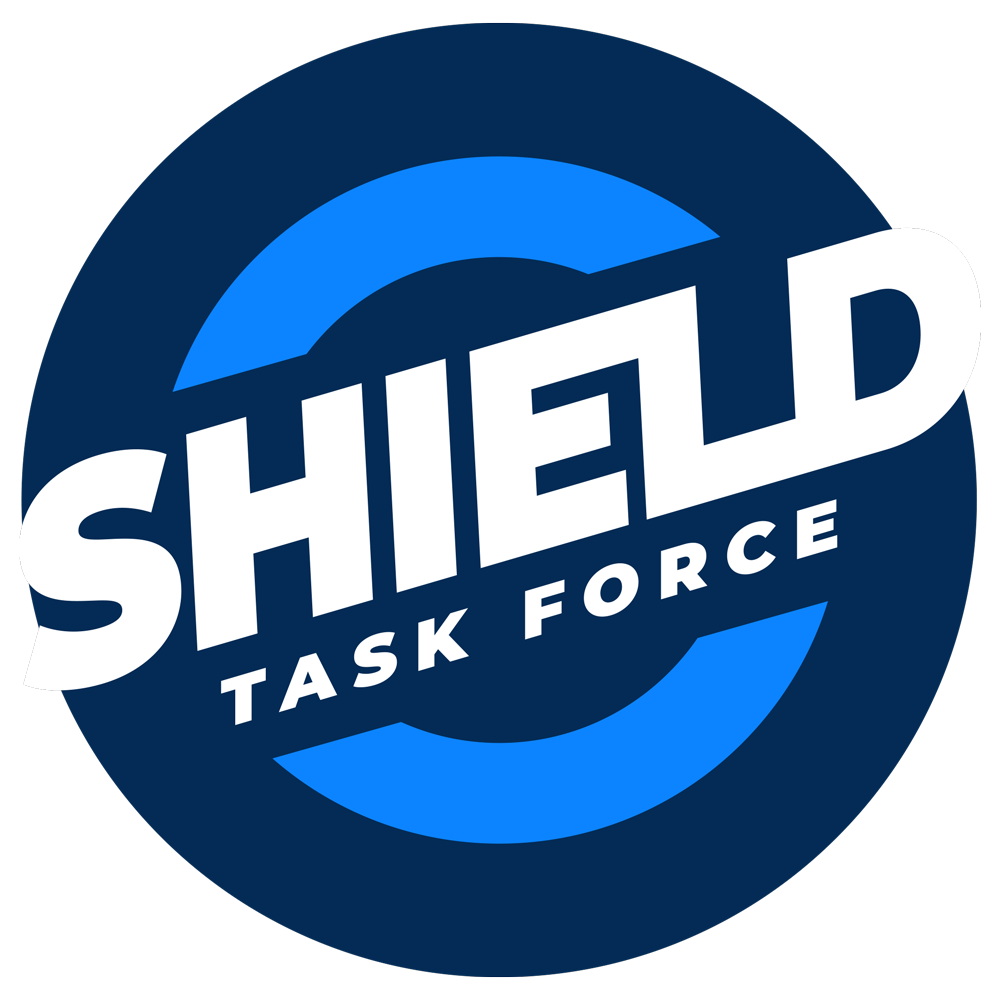
What do we stand for?
The ultimate goal of SHIELD Task Force is to end child abuse in West Virginia. When we were choosing our name, we put a lot of thought into what that entails. How, practically, do you put an end to something as pervasive as child abuse?
The beautiful thing about this list is that anyone can take these steps. You don’t need to be a therapist, attorney, social worker, or any other licensed professional to make a difference.
The first step in solving any problem is recognizing that something needs to change. You can’t solve a problem you don’t see. And to see, you have to really look.
Child abuse can take many forms, and not all leave physical marks. On top of that, many people simply don’t want to talk or think about such an unpleasant topic. Life is more comfortable when you pretend that child abuse doesn’t happen very often — or, at the very least, that it isn’t happening to any kids you know.
In reality, whether we acknowledge it or not, the child abuse epidemic and foster care crisis have had and will continue to have devastating effects on children in our state. Several websites have compiled facts and statistics that illustrate the gravity and scope of these issues:
As parents, teachers, coaches, and everyday citizens, it’s important to realize that child abuse is far more common than any of us would like to believe.
Of course, it’s not enough to just see that a problem exists. We also need to hear firsthand accounts of how it affects people. With that human element, abstract concepts like suffering and injustice move into the realm of tangible problems that urgently demand our attention, empathy, and action.
So take the time to listen. When a child discloses abuse, listen. When a victim comes forward years later to seek justice, listen. When a survivor tells their story, listen.
This is where the rubber hits the road. Beyond seeing the scope of the problem and hearing survivors tell their stories, we need to train ourselves to see and hear signs of ongoing abuse — and then intervene.
Under WV Code §49-2-803, most people who work with children are considered mandatory reporters and must report all reasonable suspicions of child abuse or neglect to DHHR within 24 hours. Even if you do not qualify as a mandatory reporter, you are still encouraged to report suspected abuse or neglect. Don’t assume someone else will make that call. You may be a child’s only chance for rescue.
You can report abuse by calling 911 or the WV Child Abuse and Neglect Hotline: 1-800-352-6513.
Our work doesn’t end once abuse has been reported. In fact, in many ways, it has only begun. As a case winds its way through the legal system, abuse survivors need love, support, friendship, encouragement, and community. Many of their scars may be invisible, but that doesn’t make their wounds any less real. They need to heal, and that healing takes time and effort.
Regardless of what happens in court, the effects of the abuse they suffered won’t disappear overnight. Trauma — especially childhood trauma — isn’t something that you just get over. Its effects linger. And time alone does not heal all wounds.
As long as we view intervention as a singular act, we will miss the mark. We must continue to support and empower survivors throughout their entire journey.
No amount of education or experience excuses us from our responsibility to be constantly learning and growing. That’s why the “L” in “SHIELD” stands for “learn.” Predators can adapt quickly, taking advantage of new technology and learning new tricks to evade detection. We see that even now in the way online predators are luring children through games like Fornite and Minecraft. To have any hope of keeping kids safe, we have to adapt as well.
This requires a conscious, proactive effort to improve our efforts. We must take the time to learn from each other. To learn from what others have done wrong and from what others are doing well.
Perhaps most importantly, we must learn from survivors. We must fight to give them a voice and then listen to what they have to say. Every survivor’s story gives us more insight into how abuse happens, how it affects victims, what we can do to keep kids safe, and how we can better support survivors.
When we talk about ending child abuse, we have a two-pronged effort in mind:
Recognize and respond to past and present instances of abuse.
Prevent and protect children from future instances of abuse.
Where “intervene” refers largely with the first prong, “defend” covers the second. SHIELD is more than an acronym. It’s also a wonderful image of the role we should all play in protecting our state’s kids from abuse. We must all be willing to stand between our state’s most vulnerable citizens and those who would harm them.
We must be willing to challenge policies, traditions, attitudes, and beliefs that embolden predators, endanger children, silence victims, and revictimize survivors. We must check and doublecheck our defenses against abuse, on both an individual and systemic level. We must take steps — often difficult and uncomfortable steps — to ensure that our homes, churches, schools, and communities are safe places.









